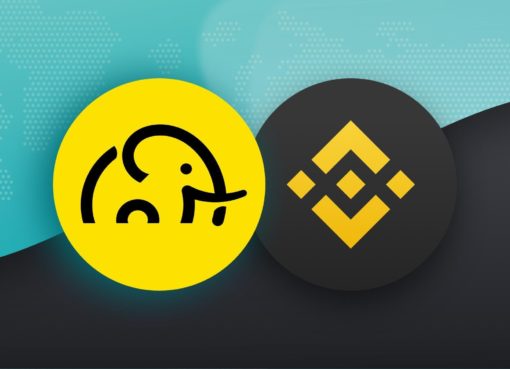USD Coin (USDC) issuer Circle has released a beta version of a multiparty computation (MPC) wallet service, according to an Aug. 8 announcement. The new service will allow developers of decentralized finance (DeFi) apps, Web3 video games, e-commerce services and other blockchain applications to create customized wallets specifically for their users. It will be available initially on Ethereum, Avalanche and Polygon.
Building crypto apps is still too hard. Plus, less than 0.5% of the 100 million developers worldwide are actively building crypto apps today.
This needs to change. Our new wallet-as-a-service developer platform is a huge step in that regard. Check it out https://t.co/ku9LTz8Z97
— Patrick Hansen (@paddi_hansen) August 8, 2023
MPC wallets are secured by splitting a user’s private key into multiple shards and distributing them through a decentralized network. It’s a new wallet technology many Web3 developers have been using. MPC wallets can be accessed via an application programming interface, giving them a “Web2 feel” that some developers and users prefer.
According to an explanatory blog post from Circle, the new service will allow developers to “choose the best wallet security and control configurations.” For example, some developers may want to host their own MPC nodes to ensure they are not completely reliant on Circle, while others may want to choose the simpler method of connecting to Circle’s nodes. Developers can also choose to “share transaction signing responsibilities with the users,” allowing them to recover keys if users lose them, or they can make the product noncustodial by requiring users to sign every transaction.
According to Circle co-founder and CEO Jeremy Allaire, the new service is essential in promoting the use of USDC:
“Circle’s Programmable Wallets is part of a new, core pillar of our strategy to advance global, mainstream utility and adoption of digital assets like USDC and public blockchain-based payments. This new platform marks the first step for Circle’s Web3 services as we work to ease common pain points for developers.”
MPC wallets have faced controversy, with the widely used Multichain MPC bridge hacked on July 7, causing investors to lose over $100 million. The Multichain team later admitted that all MPC shards had been stored on a cloud server under the control of the CEO.
In an emailed statement to Cryptox, Circle’s senior director of product management, Gagan Mac, claimed that the new service “is built and maintained in-house and doesn’t leverage external vendors,” implying that third-party cloud storage systems will not be used. In addition, Gagan stated that “some developers and enterprises may prefer to host an MPC node,” which they will be allowed to do if they wish. Multichain did not allow partners to host their own nodes.
Circle recently stated that the demand for euro-based stablecoins is heating up and also argued that a yuan stablecoin would be better than a Chinese central bank digital currency.




